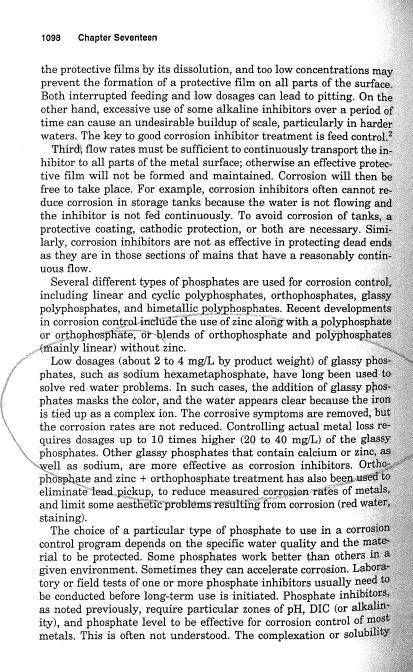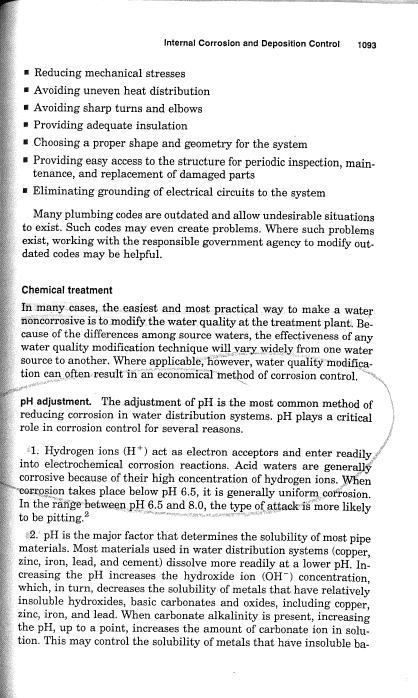So, Flint has been MI lead poisoned and exposed to legionella bacteria because the water supply was switched from Detroit municipal to the Flint River. Since the polluted river is corrosive and iron rich, lead was leached from pipes and solder into the water of thousands of homes, and legionella bateria (legionaire's diseased) apparently thrived on the dissolved iron.
It was done to save money, it stayed that way because people who knew of the crisis sat on the information and obstructed inquiry.
There HAS to be a (ir)responsible engineer in that chain. What are their duties, did they fail to perform? Would whistleblower action have been appropriate?
It was done to save money, it stayed that way because people who knew of the crisis sat on the information and obstructed inquiry.
There HAS to be a (ir)responsible engineer in that chain. What are their duties, did they fail to perform? Would whistleblower action have been appropriate?



